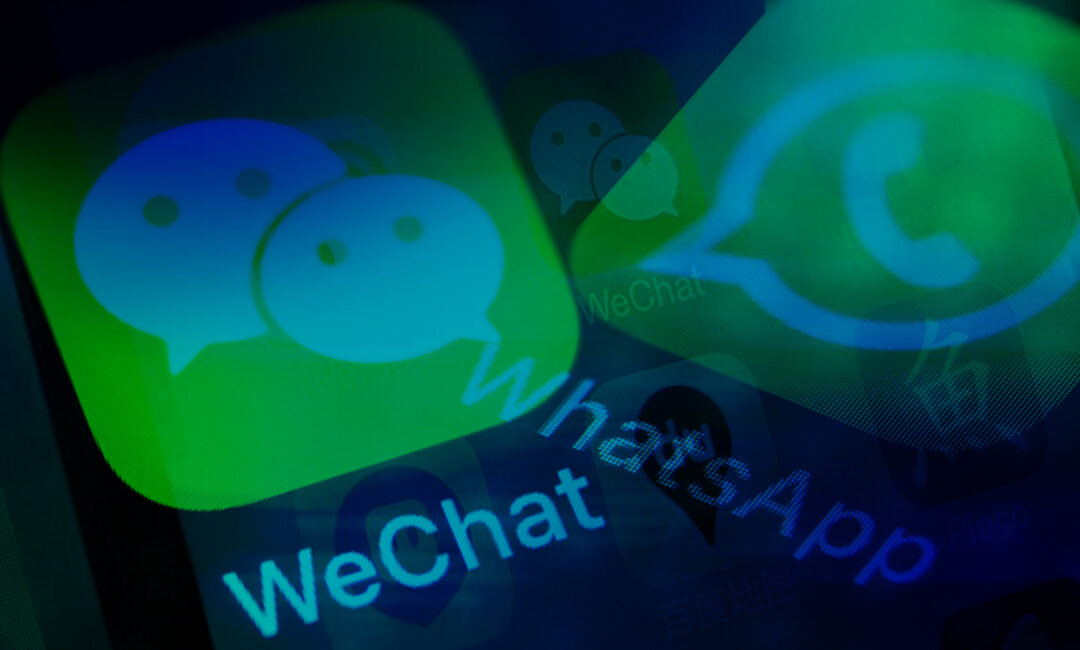Nicholas Mitsakos: Chairman and CEO at Arcadia Capital Group.
The Future is an App
WeChat has become the ubiquitous, full-service platform for communication and commerce in China. Essentially, the company has taken the mobile Internet and made it their own. The WeChat internet has a lot to admire — and emulate.
While the United States sees big tech as a colossus that needs to be knocked down, the Chinese government saw tech companies as economic engines to be harnessed. They were right.
Chinese businesses leapfrogged, technologically speaking, the traditional website, putting customers within reach of a direct message. It turns out, this immediate and accessible platform enabled convenience for users, and inspired consumer behavior to utilize this platform more thoroughly, and not just for basic purchases that could otherwise be fulfilled by a credit card in the United States. For example, while it was long-accepted wisdom in Silicon Valley that internet consumers would not pay for content, it turns out that when you make it easy for readers to make payments in small sums, they will. Consumers will link schedules, appointments, payments, social activity, and commerce – generating a treasure-trove of data on customers’ behavior and habits.
This leads to the dark side of the WeChat internet. All the factors that have made it such a vibrant ecosystem — the identity and payments data, the user engagement — also make it an incredibly dangerous tool. As the Chinese internet becomes the WeChat internet, WeChat will increasingly be treated as a public utility, subject to more and more direct interference. This is the cost that Chinese companies have always paid, but the WeChat internet arguably exacerbates it: By consolidating user activity that was previously divided among different online sites, or conducted offline, onto a single platform and onto mini-programs, they’ve made users even easier pickings.
Now American technology is following China’s lead. The recently introduced WhatsApp Business, a platform for local businesses to provide information and communicate with their customers, bears striking similarities to WeChat’s mini-programs. The mini-programs provide a fascinating look into an alternative vision of the mobile internet, one that is integrated across multiple dimensions and that is, in essence, a single large market.
WeChat and Alibaba look to dominate this in China. Apple and Google look to dominate the mobile world everywhere else. But Facebook is a beat ahead with its WhatsApp technology. Android, by Google, and iOS, by Apple, are still the two dominant mobile operating systems in China. Until now, most infrastructural innovation flowed from the West to China. The so-called WeChat model may be the first time things are going in reverse. Even as the tensions between China and the United States remain strained, with much of the antagonism focused on intellectual property in technology, American tech companies have found in the WeChat internet a lot to admire — and emulate.
If the global market is left to develop competitively, customers will receive the benefits of global competition for efficient and value-added services – if governments allow. China and the U.S. not only have each other in their crosshairs, but the tech giants are becoming the biggest policy prey.

